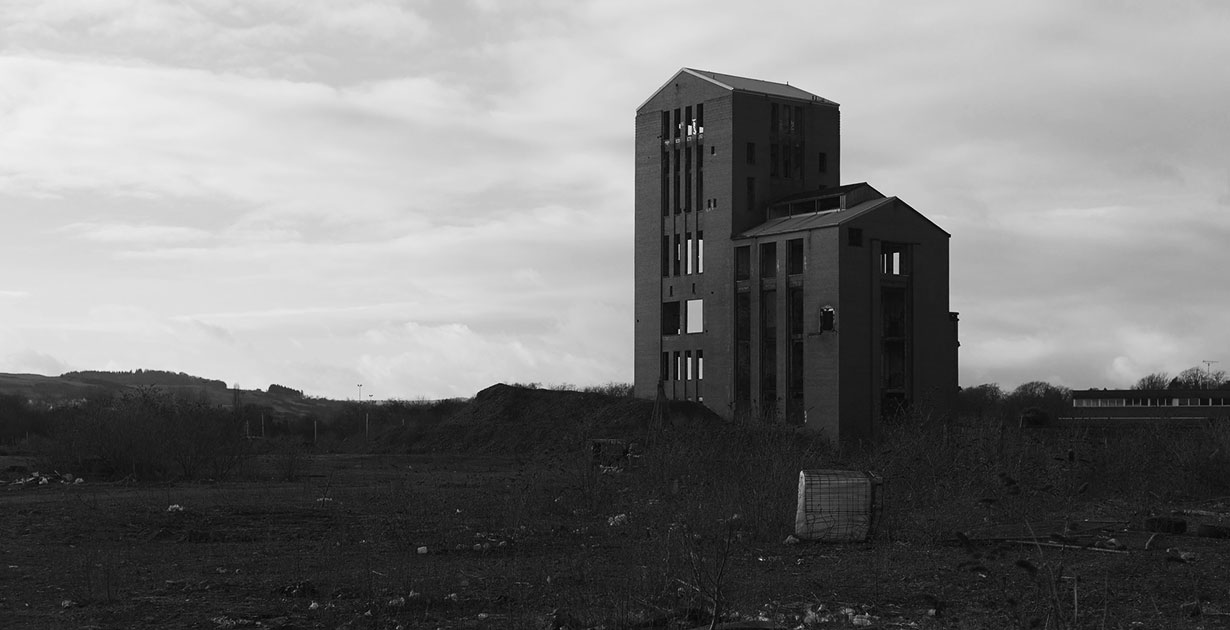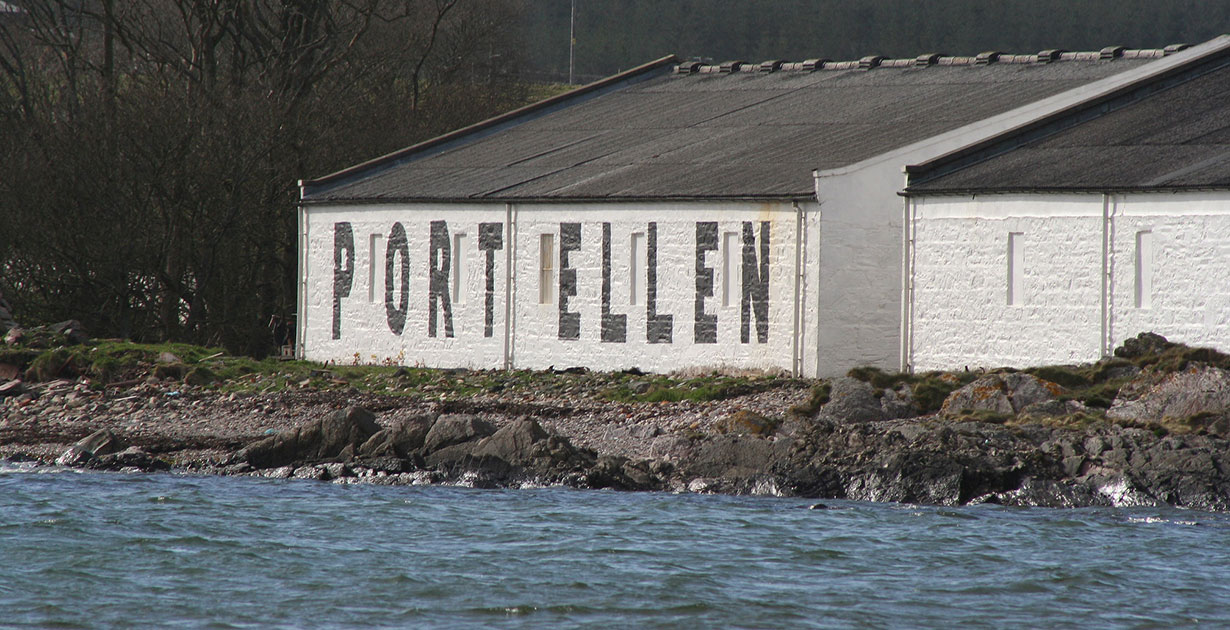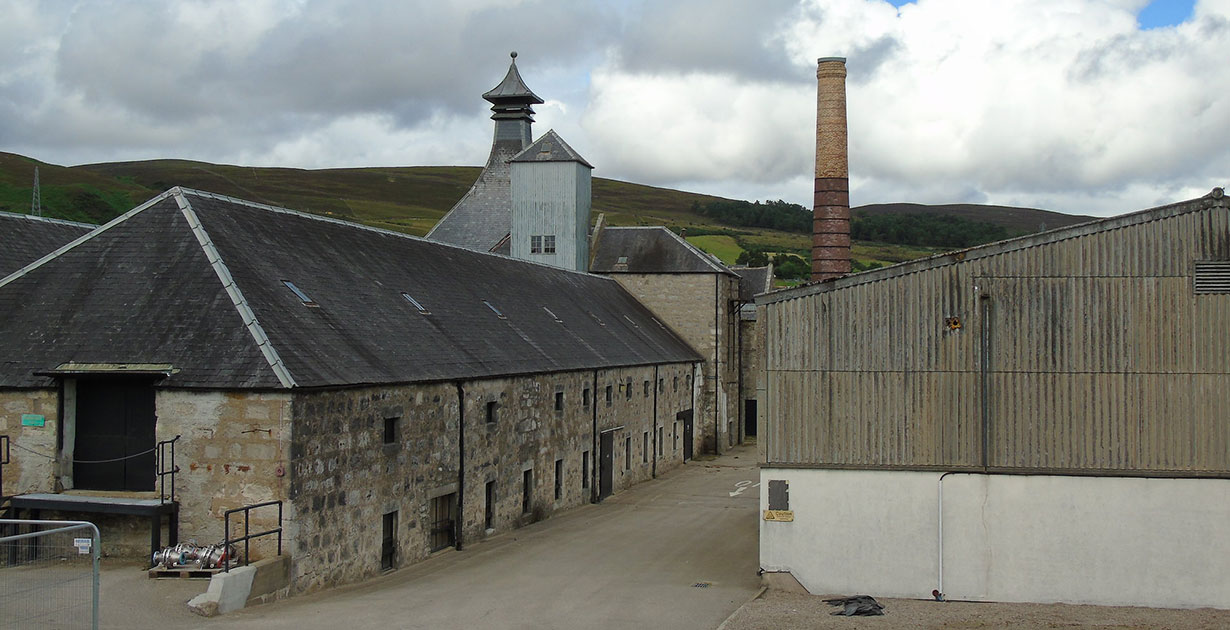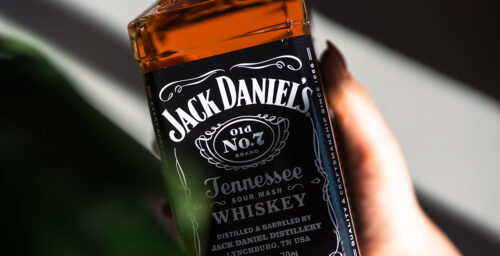
The term ‘whisky loch’ gets thrown around a lot in the whisky industry, often when ruminating on a dismal period for scotch whisky: the 1980s. But what was the whisky loch? And could we see another such period in the future?
The Beginnings of The Whisky Loch
The 1960s was a time of major cultural and technological advancement, giving us The Beatles, and the moon landing. It was also a very profitable era for the scotch whisky industry.
The soaring popularity of blended whiskies both in domestic and foreign markets meant that demand was outweighing supply. The solution? Build more distilleries. As such, the 1960s saw the birth of many new scotch whisky distilleries such as Tormore, GlenAllachie, Tamnavulin, and Clynelish.
The future of scotch whisky looked bright, and the building of new distilleries suggested confidence in the stability of the industry.
Factors Leading To The Whisky Loch
However, the 1970s ushered in some problems for the scotch whisky industry. Firstly, the popularity of blended scotch whiskies, previously high and reliable, began to decline. Increasingly, the public (both domestically and abroad) began to favour lighter spirits such as rum and vodka. Whisky became a drink of the past and did not appeal to a younger generation.
In addition to this, the economic climate of the 1970s did nothing to help matters. Inflation was rampant, unemployment was at a record high, and the UK was experiencing an energy crisis and an oil shortage.
As a result of all this, the production costs of scotch whisky skyrocketed, leading to a turbulent time for the industry as well as the country as a whole.
The Consequence of Overproduction

It was at this time, in the late 70s and early 80s, that the mass building of new distilleries in the 1960s came back around to haunt the whisky industry.
These new distilleries had been producing high volumes of whisky to meet the demand for blending in the 1960s. Much of this spirit was still maturing. However, the whisky market had contracted so much that there was no public appetite for the stock.
As a result, the scotch whisky industry found itself with an overwhelming excess of stock and nobody who wanted to buy it.
In fact, the term ‘whisky loch’ was coined to represent the surplus whisky that was produced. So much whisky was excess to requirements that it could have filled up a loch.
Therefore, the scotch whisky industry was in a tough spot. Production costs were soaring, demand had plummeted, and distilleries had more stock than they knew what to do with. As such, distillers and parent companies had to make some difficult decisions about the future of some scotch whisky distilleries.
Distillery Closures In The Whisky Loch
Scotch whisky lovers across the world lament the loss of the distilleries that were closed during the whisky loch. Closures included: Banff, Port Ellen, Convalmore, Coleburn, Brora, Hillside, Glenury Royal, Linlithgow, North Port, Glen Flagler, Glen Lochy, and Glen Mhor, to name a few.
Distilleries were closed for any number of reasons, including being surplus to requirements, having too small a capacity to be considered viable, and not meeting quality requirements. This is ironic considering that whiskies from Brora and Port Ellen have since become highly sought after and extremely expensive to purchase should you come across some at auction.

Most of the distilleries mentioned above will never work again. So, it was a huge surprise and relief when, in 2017, Diageo announced a £35 million plan to bring Brora and Port Ellen back online. Brora reopened in 2021. Port Ellen Distillery is, after many delays, now expected to come back online in 2024.
Are We Heading For Another Whisky Loch?
The current economic conditions and downturn that we are seeing in the whisky market have become worrisome for the industry. Could we be heading into another whisky loch? Or has the industry learned valuable lessons from the turbulent 1980s?
Keep an eye on the blog for a future article in which we will discuss the ever-present question: will the whisky industry survive?








